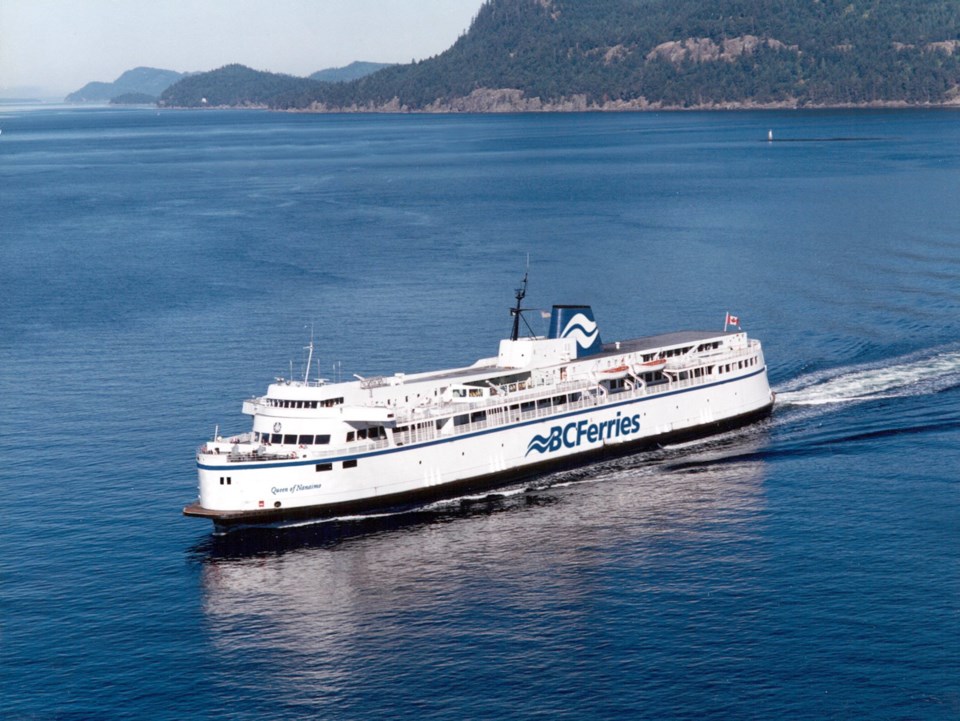Ferry users caught a break Tuesday when Transportation Minister Claire Trevena convinced B.C. Ferries to leave fuel rebates in place — at least for now.
The company was planning to cancel the rebates, but agreed to a delay after Trevena offered more money to offset rising fuel costs.
“Given that new information, we’re prepared to wait a couple of weeks, as requested, to allow the government to see what they can do,” B.C. Ferries president and chief executive officer Mark Collins said.
“We always want to look for opportunities to make ferry travel more affordable for our customers, so if government has got some suggestions on how we can do that, we’re certainly willing to talk to them.”
Trevena sent a letter to B.C. Ferries chairman Donald Hayes on Monday, expressing disappointment with the company’s plans to cancel the 2.9 per cent fuel rebate on major and minor routes, and the 1.9 per cent rebate on northern routes.
The move would increase costs for ferry users on major routes by 50 cents for a passenger and $1.70 for a car.
“As minister, I am personally committed to delivering on our government’s promise to freeze fares,” Trevena wrote. “As I expressed to you, I believe this action is contrary to that.
“I also indicated that government was willing to negotiate to provide funds to B.C. Ferries to avoid this increase.”
Collins said B.C. Ferries has been in discussion with the government for months about what to do with the rebates, which have been in place for two years.
“It’s not sustainable that we could continue giving rebates in this high fuel-price environment,” he said.
“The minister asked us last week for a delay of a couple of weeks before we did anything more, and we weren’t immediately prepared to do that because it wouldn’t make any difference.
“However, there’s some new information in her letter and that is the government’s willingness to provide funding.”
Collins said the cost of the fuel rebates ranges from $750,000 to $1.7 million a month depending on traffic and the time of year.
The government has already increased the subsidy to B.C. Ferries by $59 million over two years to pay for fare relief commitments, Trevena said in her letter.
As of April 1, the government froze fares on three major routes, reduced them by 15 per cent on all other routes and restored free passenger travel for British Columbia residents age 65 and older from Monday to Thursday.
Trevena told reporters Tuesday it was “unfortunate” that less than two months after those changes took effect, B.C. Ferries planned to remove the fuel rebates.
But she stopped short of revealing how much more money the government is prepared to give B.C. Ferries to keep fuel rebates in place.
“We want to sit down with B.C. Ferries and work out just what is needed to make sure that people are not seeing fares go up,” she said. “We’ve committed to people who live and work on the coast that fares will be affordable. People have been hammered for 16 years with massive fare increases and we made that commitment to make life affordable.”
Collins stressed that fuel rebates are “neutral” mechanisms that come and go depending on fuel prices. “There’s no profit or loss in it for us,” he said. “Everything is intended to flow back to ferry users either as a benefit or a surcharge.
“It’s been a very neutral process for the last 13 years and this process is well understood by ministry staff.”



